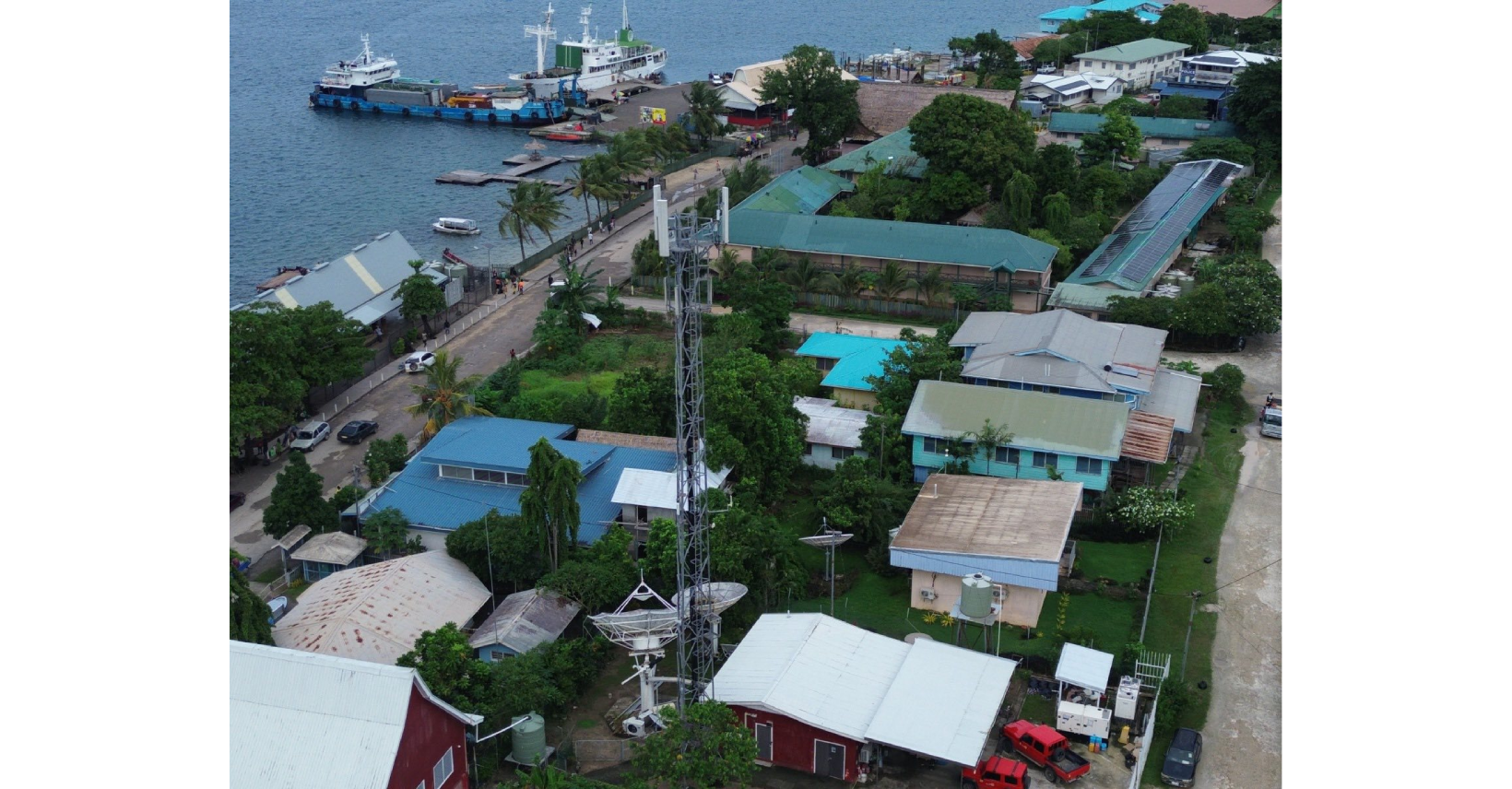Plans to review beche-de-mer license and economic policies
BY SAMIE WAIKORI
The Malaita provincial government plans to review its beche-de-mer business licence and develop other policies to bolster economic empowerment among youths, women and encourage Small Medium entrepreneurship among its population in the province.
The plan forms an integral aspect of MPG’s business and investment policy intervention, which the premier Elijah Asilaua-led Malaita Economic, Cooperation and Transformative Government (MECTG) is working toward for Malaita province.
According to the policy, beche-de-mer also known as sea cucumber is currently being protected under the law of Solomon Islands.
“Only people have acquired beche-de-mer licence can be able to harvest and trade the sea cucumber at certain time within its approved calendar and schedules.
“The aim is for Malaita province to benefit from harvested beche-de-mer within its jurisdiction by discharging beche-de-mer licences and law development,” it says.
Still under its policy intervention for business and investment, MPG is looking at a policy to encourage small medium entrepreneurship in the province.
The development of the policy will support small medium private sector entrepreneurs.
It will also provide necessary environment for private sector dynamism, innovation and risk taking required for modern, sophisticated and rapidly growing economy on Malaita province.
Further to the business and investment intervention policy, MPG is pursuing a specific policy to encourage youth employment and entrepreneurship for Malaita province.
The policy will merge two distinct pathways to which entrepreneurship can address; youth empowerment and economic growth in Malaita and Solomon Islands.
This economic approach where entrepreneurship as an engine of economic growth and job creation aim at impacting the lives of youths in Malaita.
Moreover, MPG is also looking at an economic development policy for women in Malaita province.
The women economic development policy is a crucial goal toward achieving gender equality and the sustainable development goals (SDG).
The policy will align with the UN Women’s economic empowerment strategic plans aimed to enable women to be empowered and engage in economic activity.
The policy will address inequality, gendered division of care labour, gender-blind policies and promote equal rights, access to resources and addressing the importance of supporting girls to grow into women with economic power.



